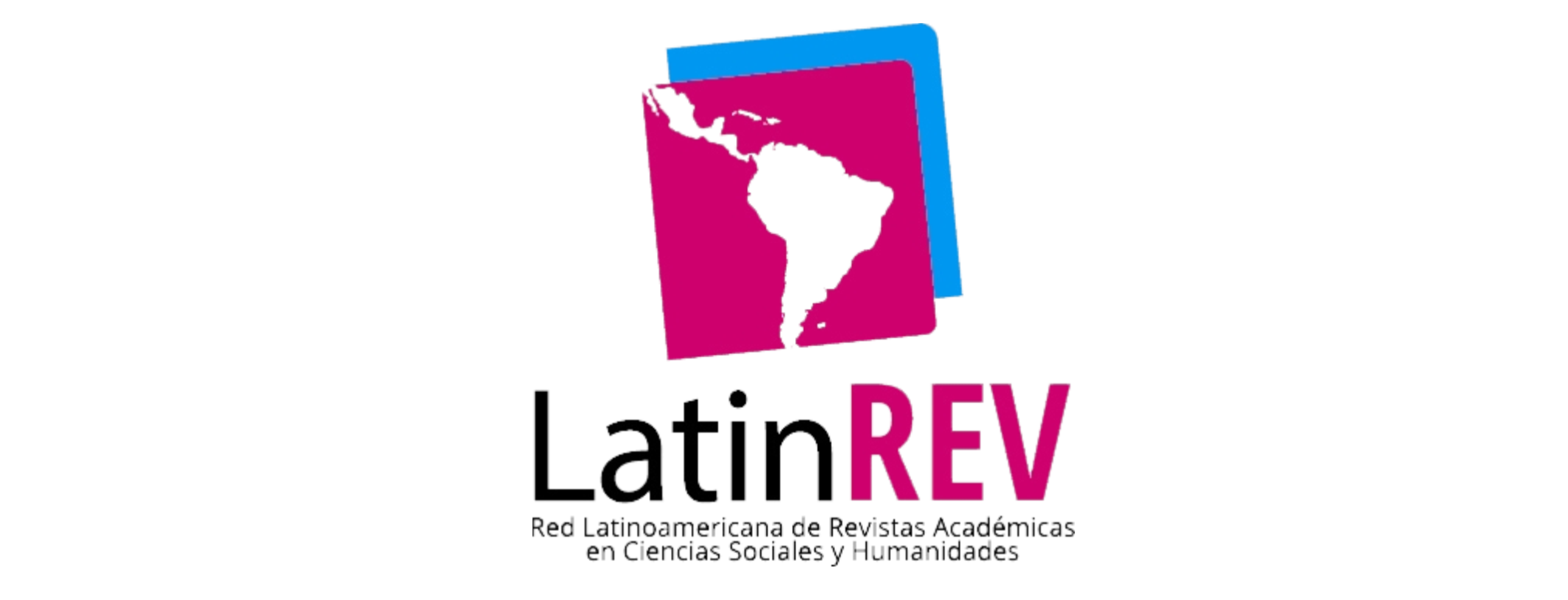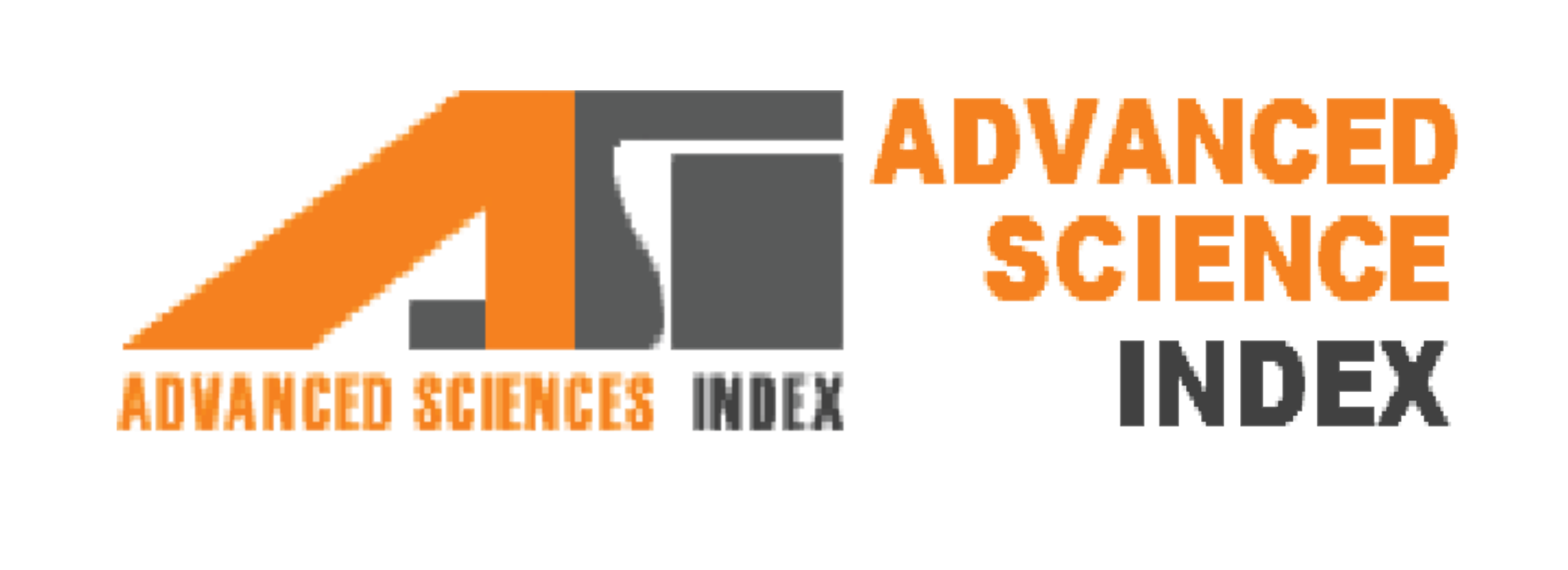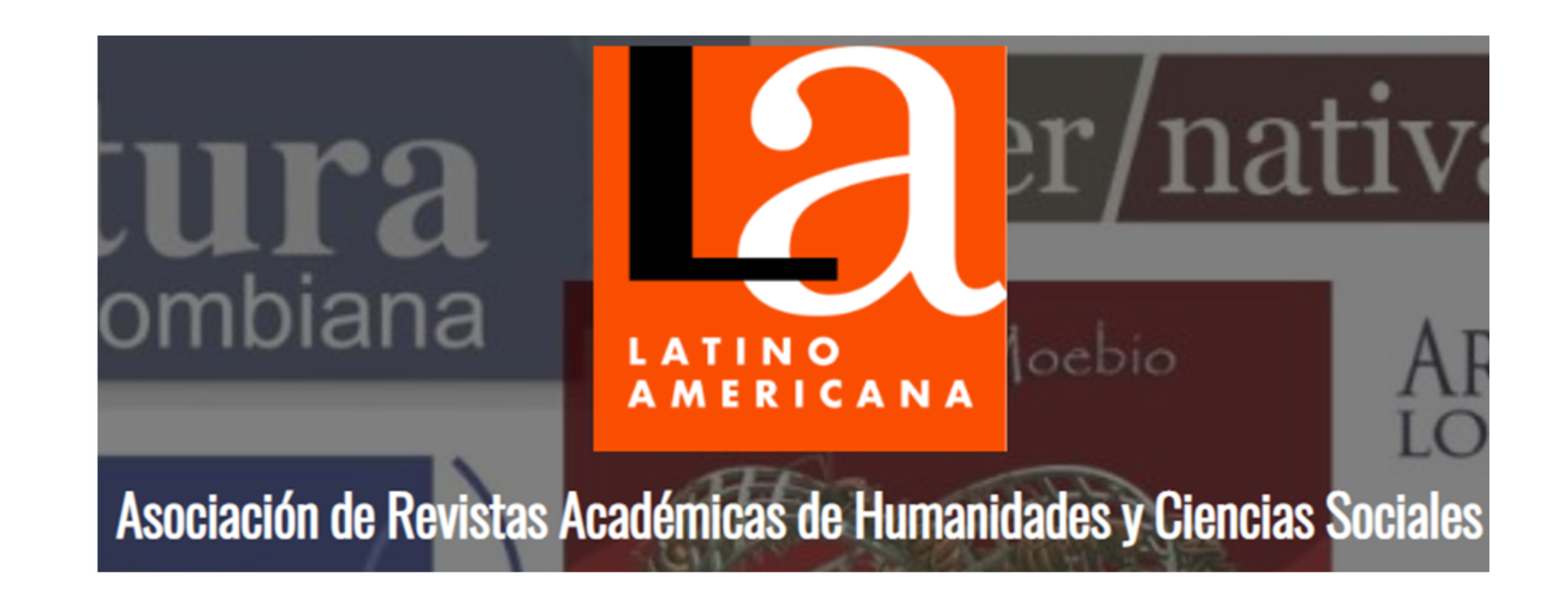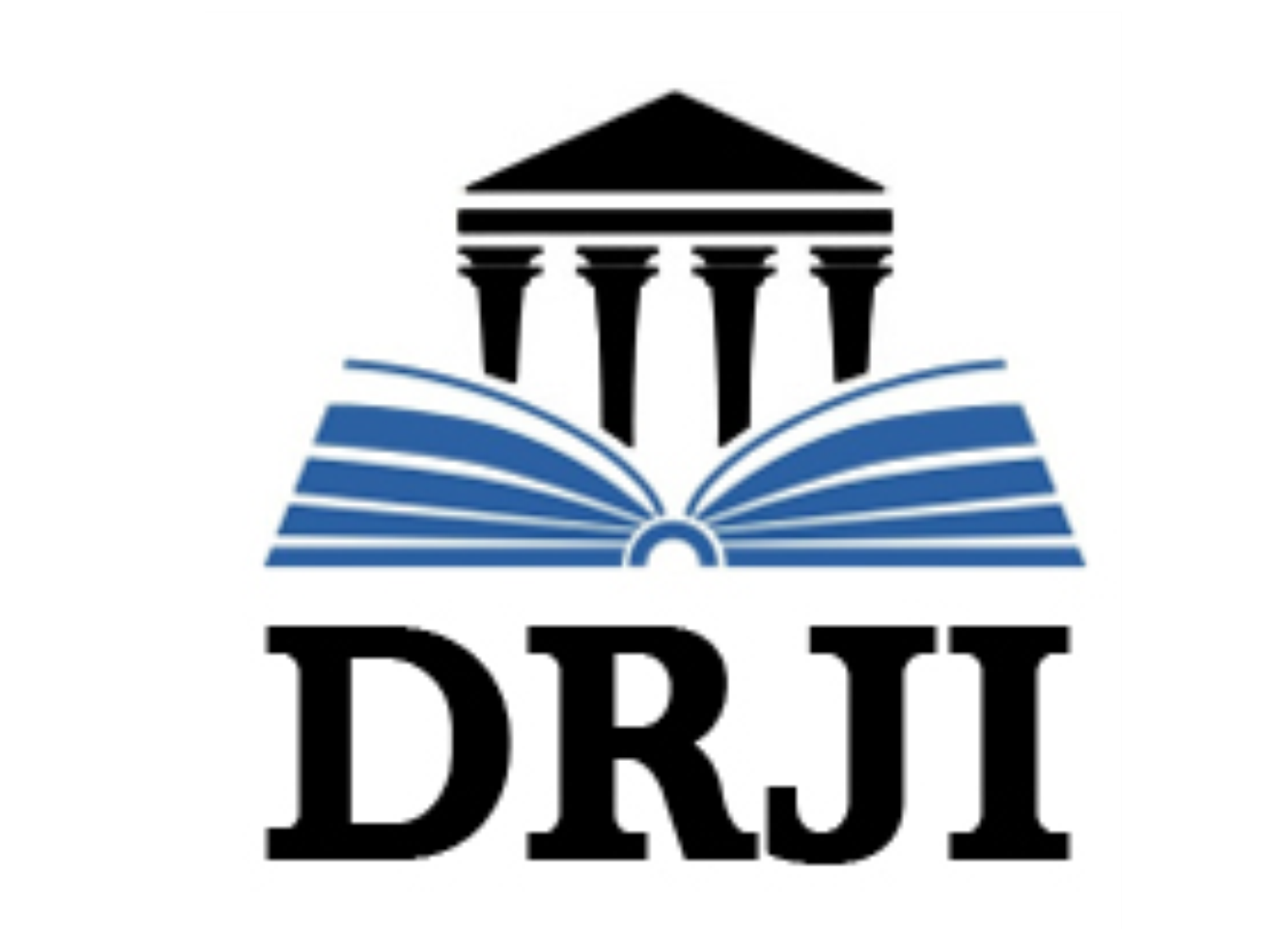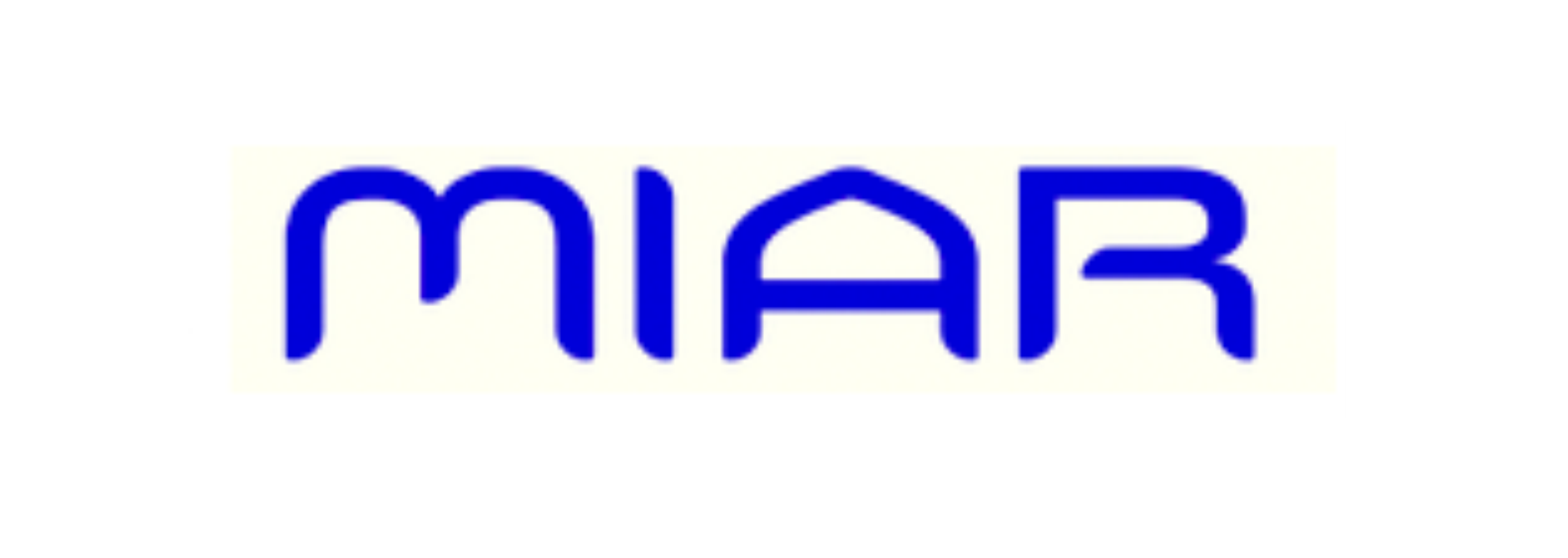Critical Thinking In Language Teaching At The Higher Institute Of Languages, National University Of Asunción, Paraguay
Palabras clave:
critical thinking, second language teaching, foreign language teachingResumen
One of the most important goals in higher education is to prepare professionals, especially in education, who able to develop critical thinking skills in order to promote citizenship and meet the challenges of a globalized and ever-changing world. This article presents the results of the first stage of a participatory action-research study which involves teachers and students from five degree programs at the Higher Institute of Languages from the National University of Asunción. Teachers’ perspectives on their practices were gathered through a questionnaire designed by Estigarribia et. al. (2019), and were analyzed in relation to the development of critical thinking skills. The results show that, teachers in the language courses evaluate their critical thinking skills in a mostly positive way, with overall averages per skill that were 3.7 to 4.6 on a scale of 1 to 5. However, this is not always related to the practices they indicate to perform with their students. The highest number of significant correlations was found in the category "problem solving" where positive correlations were found between self-assessment of skills and teaching practice. According to this initial survey, interventions that promote the development of critical thinking will be planned and implemented with university students in language careers, to be later evaluated in relation to the attitudes and actions found in this first stage.
Referencias
Bailin, S., & Battersby, M. (2015). Teaching Critical Thinking as Inquiry. In The Palgrave Handbook of Critical Thinking in Higher Education (pp. 123-138). PalgraveMacmillan, New York.
Bozu, Z., & Canto, P. J. (2009). El profesorado universitario en la sociedad del conocimiento: competencias profesionales docentes. Revista de formación e innovación educativa universitaria, 2(2), 87-97.
Casner-Lotto, J., & Benner, M. W. (2006). Are They Ready to Work? Employers’ Perceptions on the Basic Knowledge and Applied Skills of New Entrants to the 21st Century US Workforce. The Conference Board, Inc., Corporate Voices for Working Families, Partnership for 21st Century Skills, and Society for Human Resource Management.
Cowden, S., and Singh, G. 2013. Acts of Knowing: Critical Pedagogy in, against and beyond the University. London: Bloomsbury Academic.
Davidson, B. (1998). A case for critical thinking in the English language classroom. TESOL Quarterly, 32, 119-123.
Davies, M., & Barnett, R. (Eds.). (2015). The Palgrave handbook of critical thinking in higher education. Springer.
Delors, J., Amagi, I., Carneiro, R., Chung, F., Geremek, B., Gorham, W., & Stavenhagen, R. (1996). La educación encierra un tesoro: informe para la UNESCO de la Comisión Internacional sobre la Educación para el Siglo XXI. París: UNESCO
Estigarribia, R., Estigarribia M., Lugo, C., Chavez, S., Ibarra, G., Bogado, A., & Valenzuela, R. (2018). Indicadores del desarrollo del Pensamiento Crítico en la Universidad Nacional de Asunción.
Facione, P. (1990). Critical thinking: A statement of expert consensus for purposes of educational assessment and instruction (The Delphi Report). American PhilosophicalAssociation.
Facione, P. (2007). Pensamiento Crítico: ¿Qué es y por qué es importante?Insight assessment, 23, 56.
Giroux, H. (2010). Lessons from Paulo Freire. Chronicle of Higher Education, 57(9), B15B16.
Hernández Sampieri, R., Fernández Collado, C., & Baptista Lucio, P. (2014). Metodología de la Investigación. 6a Edición. McGraw Hill, México.
Jones, A. (2015). A disciplined approach to critical thinking. In The Palgrave Handbook of Critical Thinking in Higher Education (pp. 169-182). Palgrave Macmillan, New York.
McNiff, J. (2013). Action research: Principles and practice. Londres: Routledge.
Norton, B., & Toohey, K. (2004). Critical pedagogies and language learning. Ernst Klett Sprachen.
Pennycook, A. (2004). Critical moments in a TESOL praxicum. Critical pedagogies and language learning, 327-345.
Scott, C. L. (2015). The futures of learning 2: What Kind of Learning for the 21st Century? Education, research and foresight working papers, available online at http://unesdoc. unesco. org/images/0023/002348 E, 234807.
Thomas, K., & Lok, B. (2015). Teaching critical thinking: An operational framework. In The Palgrave handbook of critical thinking in higher education (pp. 93-105). PalgraveMacmillan, New York.
Descargas
Publicado
Número
Sección
Licencia

Esta obra está bajo una licencia internacional Creative Commons Atribución-NoComercial-SinDerivadas 4.0.


